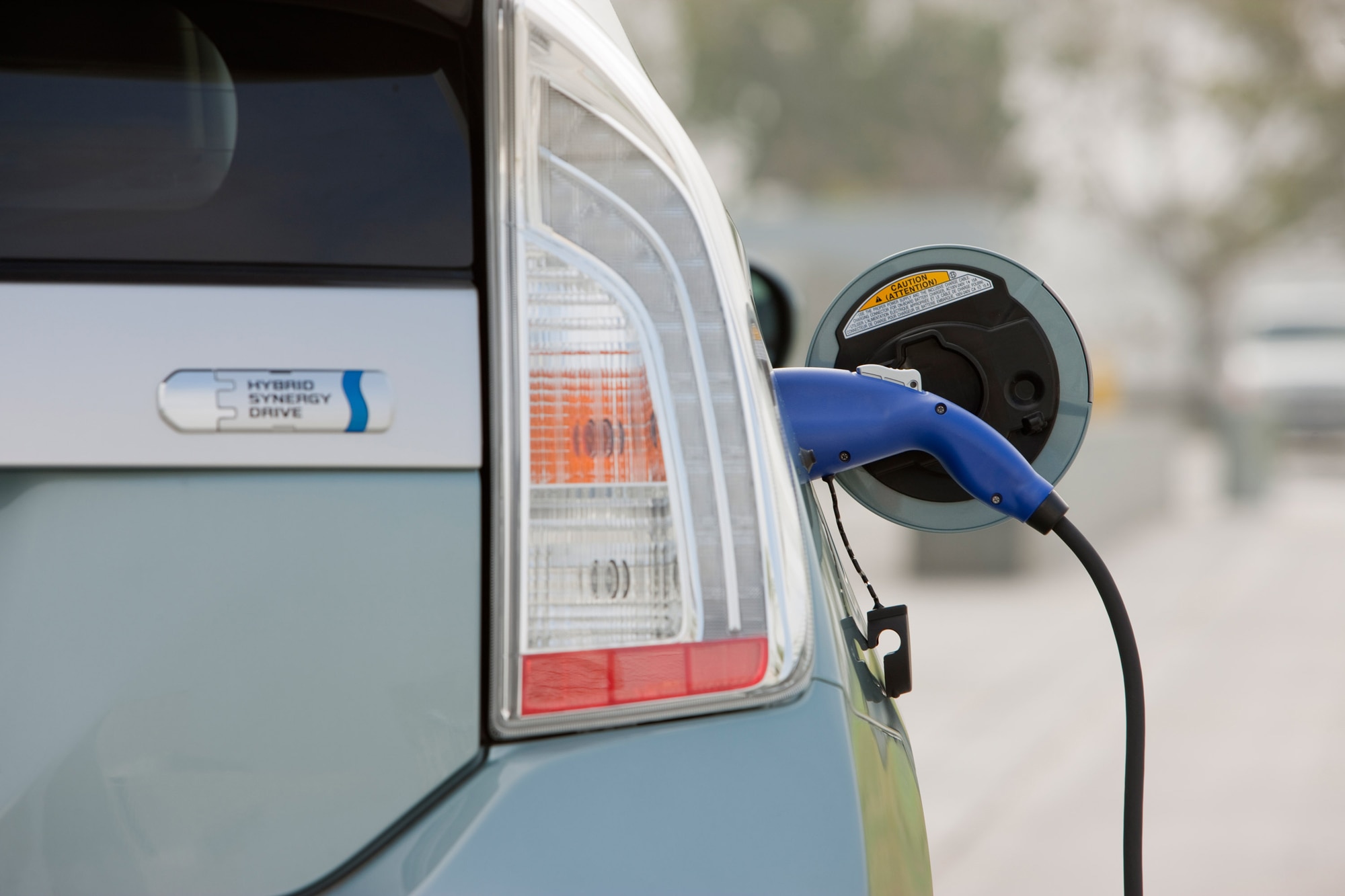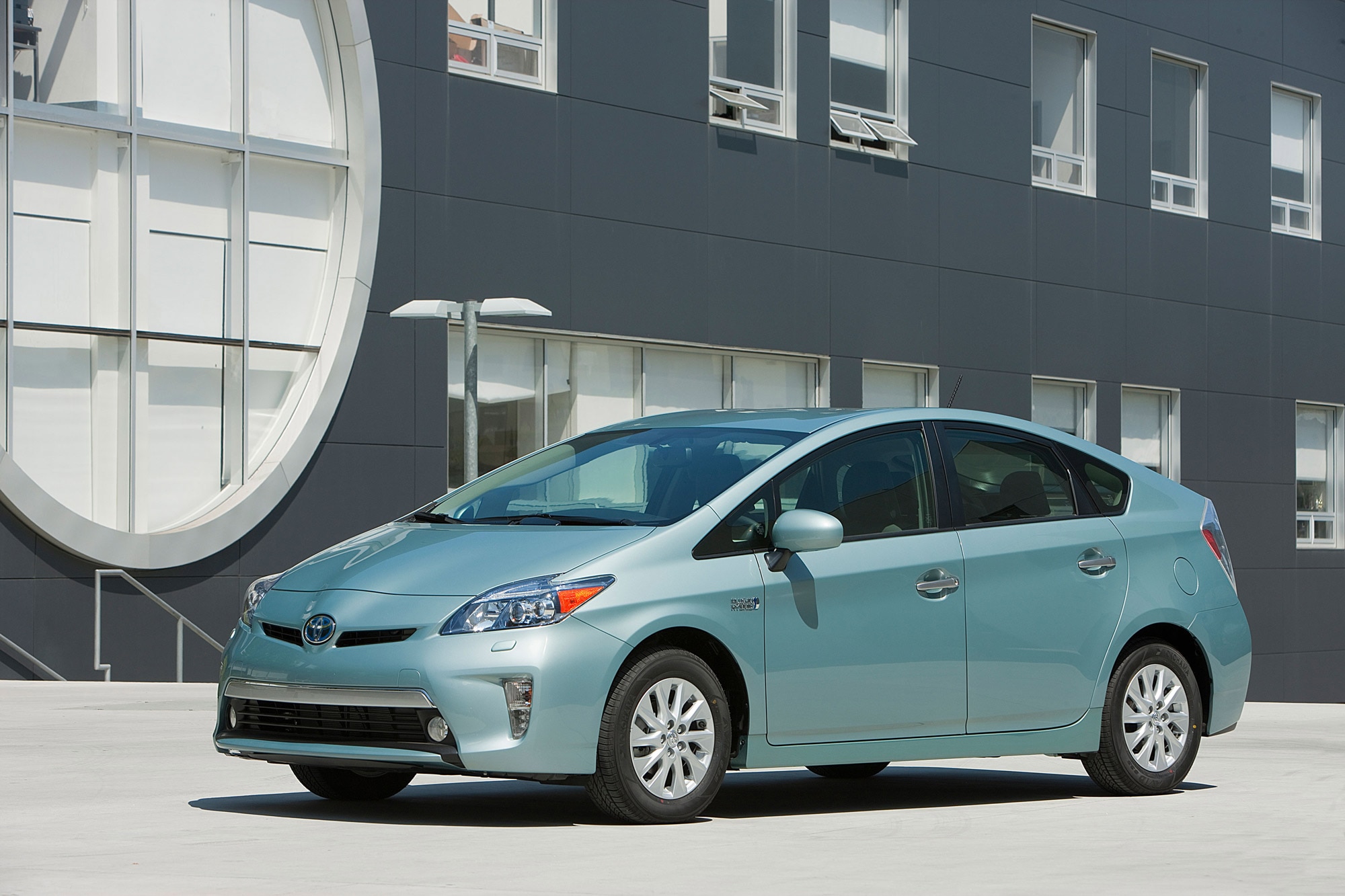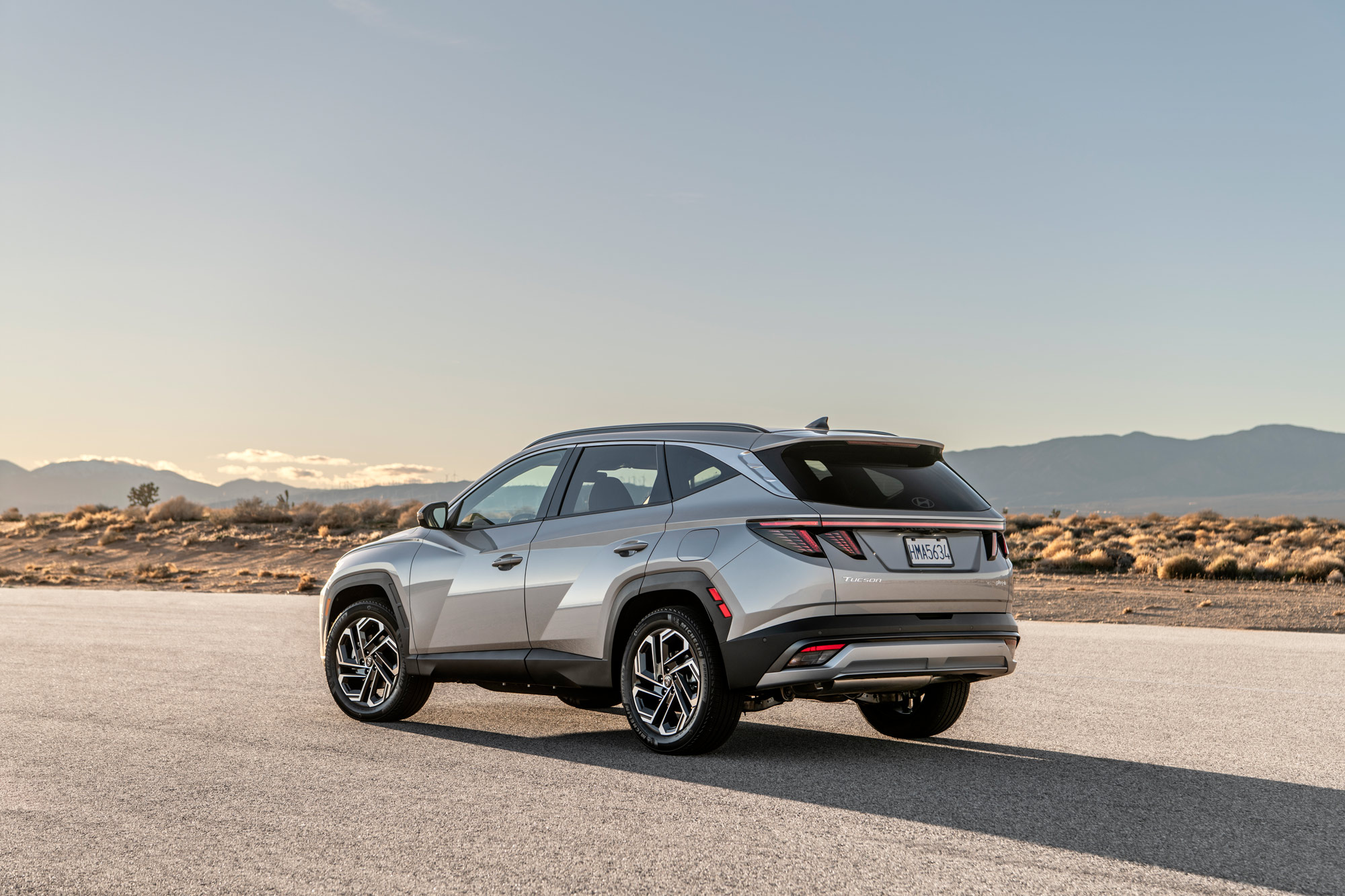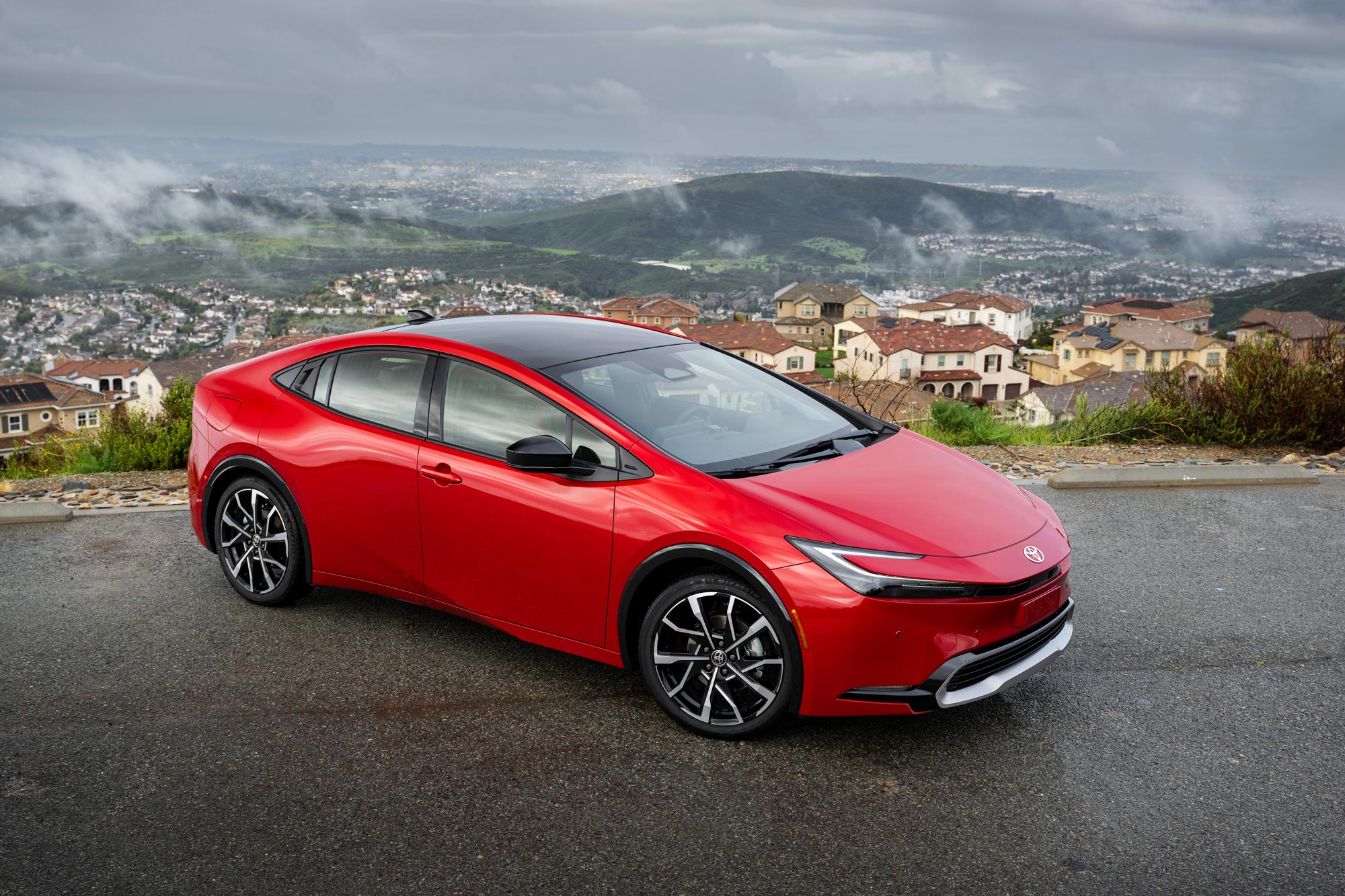What to Know Before Buying a Used Plug-In Hybrid Vehicle
Weighing the pros and cons of choosing a used PHEV over a fuel-burning-only car.
 Toyota
Toyota
For many drivers, a plug-in hybrid vehicle (PHEV) represents an ideal middle ground between a non-electrified car and an electric model. By combining the best aspects of the two powertrains, a PHEV provides the ability to drive on electric power for short and intermediate trips as well as the quick refueling time and long driving range of a gasoline-powered car.
A PHEV can be a hard purchase to justify, however, as their complicated powertrains typically mean buyers pay a premium over the equivalent non-hybrid or non-plug-in hybrid.
Shopping for a used PHEV can take the sting out of that premium, but buying a used vehicle is always nerve-racking — particularly when relatively new technology is involved. Here's what you need to know when shopping for a used PHEV.
 Toyota
Toyota
What Kind of Maintenance Does a PHEV Need?
Even if driven primarily in electric mode, a PHEV requires the same basic maintenance as a non-electrified car. Toyota recommends changing the Prius Prime's engine oil and filter every 10,000 miles or 12 months, whichever comes first. It recommends the same interval for many of its non-plug-in-hybrid models, including the Corolla Cross. Both cars need their spark plugs replaced at 120,000 miles or 12 years, whichever comes first, regardless of how often the engine turns on.
The brake fluid should be replaced at the same interval as well, as the chief concern there is not use but the fact that it becomes less effective as it absorbs moisture over time. Both the plug-in hybrid and the non-electrified variants of the Hyundai Tucson need new brake fluid every 48,000 miles.
How often you use the brakes doesn't affect this interval, but relying primarily on the regenerative braking system can help the pads and rotors last longer.
 Hyundai
Hyundai
PHEVs Do Require Some Specific Maintenance
While you might save money on brake services by driving a PHEV, the electric parts of the drivetrain also require maintenance. Toyota notes that the Prius Prime's high-voltage battery cooling intake filter needs to be inspected every 5,000 miles and cleaned every 20,000 miles. Hyundai states that the Tucson PHEV's inverter coolant should be replaced every 35,000 miles.
 Toyota
Toyota
What About the Warranty?
Most plug-in hybrid models benefit from an additional warranty plan that covers the drivetrain's electrified components, which are expensive to replace. In addition to the basic and powertrain warranties, the Prius Prime is backed by a hybrid warranty that lasts for eight years or 100,000 miles. It covers the hybrid battery control module, the hybrid control module, and the inverter.
The high-voltage battery pack is covered by a separate warranty plan that lasts for 10 years or 150,000 miles.
Ask the manufacturer or the seller for details about how to transfer these plans before you buy.
Written by humans.
Edited by humans.
 Ronan Glon
Ronan GlonRonan Glon is an American journalist and automotive historian based in France. He enjoys working on old cars and spending time outdoors seeking out his next project car.
Related articles
View more related articles